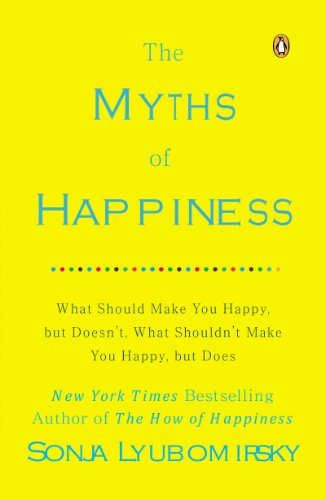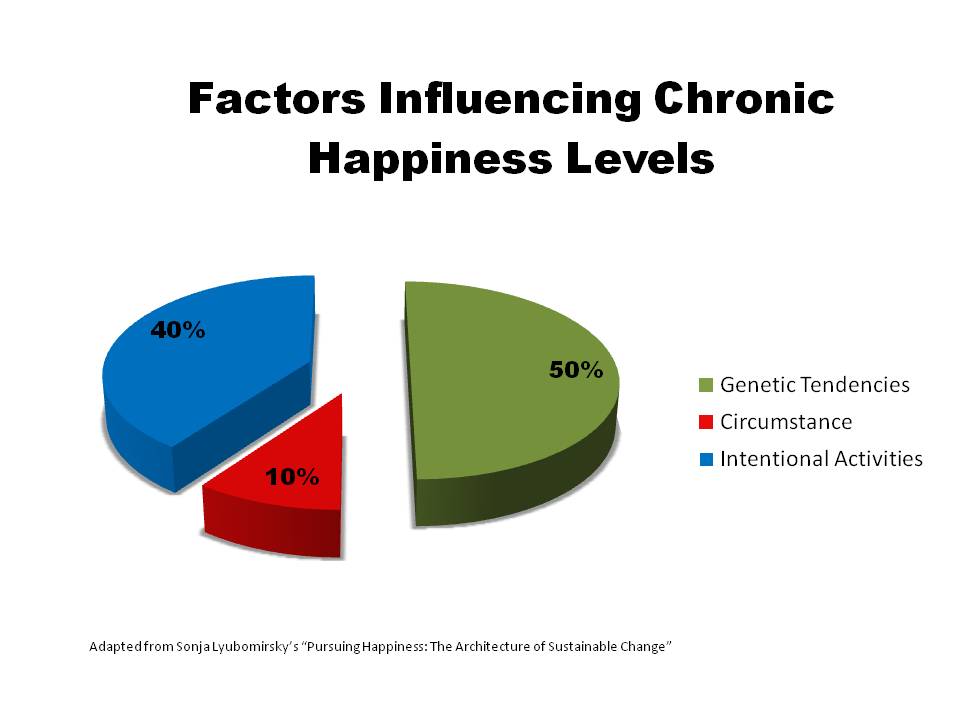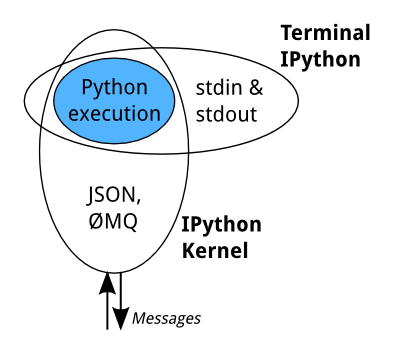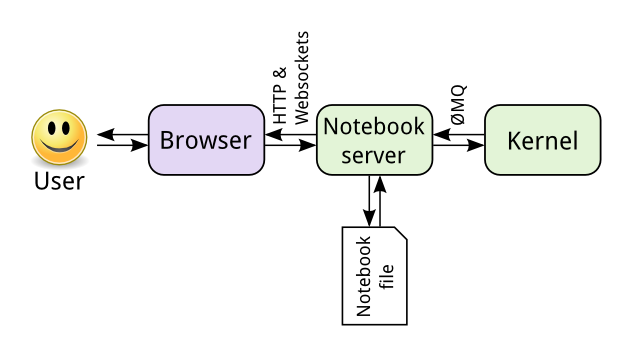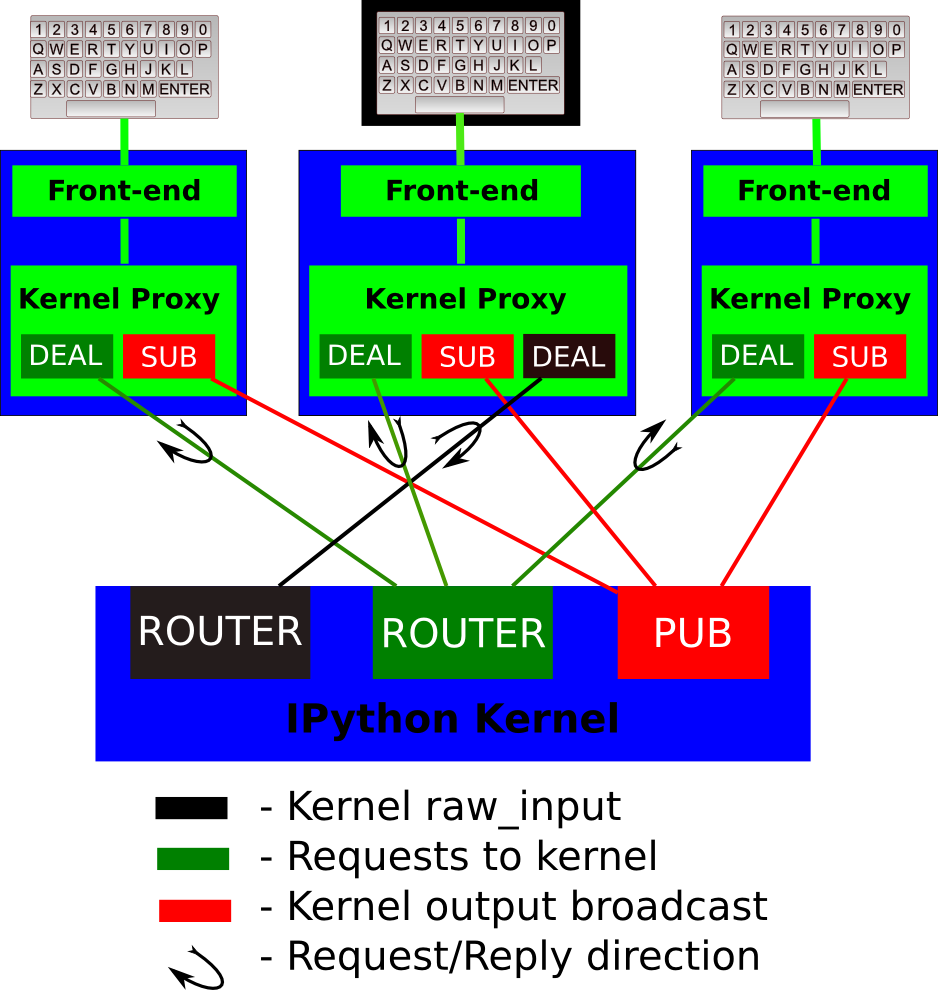"Sonja Lyubomirsky is one of the world’s leading positive psychology researchers. Her award-winning and very well-funded research is on “the possibility of permanently increasing happiness."
“Nearly all of us buy into what I call the myths of happiness—beliefs that certain adult achievements (marriage, kids, jobs, wealth) will make us forever happy and that certain adult failures or adversities (health problems, not having a life partner, having little money) will make us forever unhappy. This reductive understanding of happiness is culturally reinforced and continues to endure, despite overwhelming evidence that our well-being does not operate according to such black-and-white principles ...”
Hedonic adaptation: We get used to good (and bad) in our lives very quickly.
"human beings have the remarkable capacity to grow habituated or inured to most life changes
we are prone to take for granted pretty much everything positive that happens to us"
solutions:
- Appreciation: see the best in others
- Active-Constructive: respond "with interest and delight"Don’t point out all the things that could go wrong (active-destructive)
"The most robust strategy to boost optimism is keeping a journal regularly for ten to twenty minutes per day, in which we write down our hopes and dreams for the future"
the pursuit of money and reputation redirects our energies and passions away
from deeper and more meaningful social connections and growth experiences
and prevent us from achieving our full potentials
- circadian rhythms: daily cycles
- ultradian rhythm: 90 to 120 minute cycles:
- first hour and half: high energy vigorous and focused
- then a 20 minute "dip": fatigue, lethargy, and difficulty concentrating
Money does not make you happy:
A mountain of research has shown that materialism
depletes happiness, threatens satisfaction with our relationships...
As philosophers, religious figures, and humanistic psychologists have long contended, depletes happiness, threatens satisfaction with our relationships...
the pursuit of money and reputation redirects our energies and passions away
from deeper and more meaningful social connections and growth experiences
and prevent us from achieving our full potentials
- First, don’t spend money on “stuff”—you’ll hedonically adapt to that.
Rather, spend money on experiences, developing ourselves, connections. - Spend money on others not yourself. (that will make you more happy, research shows)
- Spend money to give you time.
- Spend money now but wait to enjoy it ("anticipation" makes you happy)
The key to happiness and health is not how intensely happy we feel,
but how often we feel positive or happy.
but how often we feel positive or happy.
Goals
One of the surest ways to focus on the future without dwelling on a seemingly idyllic past is
by working toward significant life goals ‘There is no happiness without action’; there is no
happiness without goal pursuit...
choose goals wisely; by working toward significant life goals ‘There is no happiness without action’; there is no
- Goals must be intrinsically (internally) rather than extrinsically (externally) motivated.
- Goals must satisfy innate human needs (such as the need to be an expert at something, to connect with others, and to contribute to our communities, rather than simply desiring to be rich, powerful, beautiful, or famous)
- Goals must be aligned with our own authentic values;
they must be reachable and flexible; and, ideally, they should
focus on attaining something rather than evading or running away from something. - The pursuit of all of these types of goals has been found to be associated
with greater happiness, fulfillment, and perseverance.
-
Although we can (and should) reach for our loftiest dreams,
we need only to begin by breaking the goals down into sub-goals and daily aims.
“the entire ‘follow your dreams’ oeuvre places a heavy emphasis on goals achievement rather than goal pursuit... is wrong, since we hedonically adapt to new state quickly.
Pursuit of worthy goals makes you happy!
“There are many ways to find meaning and purpose.
One is to establish a metric by which our life will be judged and, from today,
to resolve to live each day in such a way that our life will be graded a success.”- Sonja Lyubomirsky
to resolve to live each day in such a way that our life will be graded a success.”- Sonja Lyubomirsky
Another book from the same author:
would not be contented with what he would like to have.”
- Socrates
Sonja Lyubomirsky Professor, University of California, Riverside
Ph.D. Stanford University, 1994
Dr. Sonja Lyubomirsky (books)
- 50%: genes
- 10%: life circumstances
- 40%: our activity (that we CAN control!)
Happy people are good in:
- relationships
- grateful
- optimistic about future
- live in present
- physical activity habits
- spiritual or religious
- deeply committed to life goals
"Lyubomirsky" means "love and peace" in Russian.
